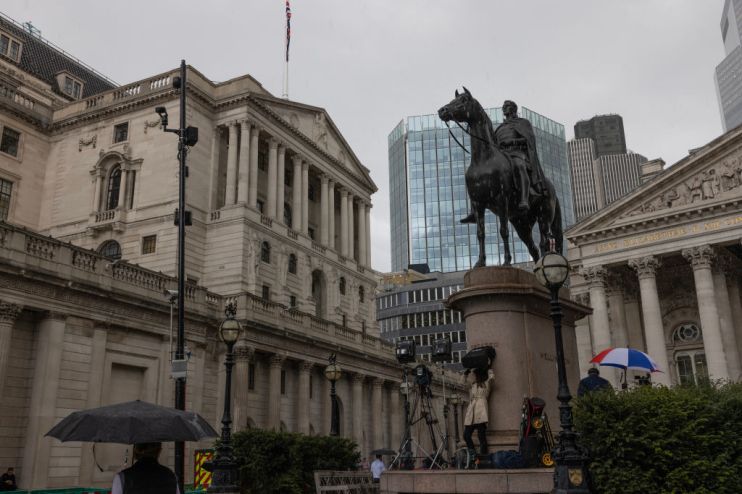Shadow banks need ‘increased resilience’ to avoid financial stability concerns, Bank of England warns

The Bank of England’s Lee Foulger warned there needed to be “increased levels of resilience” in the shadow bank space to avoid risks to financial stability.
With increased regulation of the traditional financial sector since the financial crisis, Foulger, a director, financial stability, strategy and risk. said “it is no surprise that over that time we have seen a relative shift towards non-bank finance”.
But in recent months, pressure has emerged in different parts of the non-banking sector – such as LDI funds – as a result of rising interest rates. These pressures were only contained due to policy intervention.
“The fact that policymaker interventions were necessary to prevent financial instability and disruption to the provision of credit to the real economy demonstrates the need for increased levels of resilience across the non-bank sector,” Foulger, added.
Central banks around the world have been considering the best ways to improve oversight of non-banks. Non-banks, often known as shadow banks, include a range of institutions – like insurers, hedge funds and pension funds – which perform many of the same roles as banks without equivalent regulation.
Foulger laid out a series of priorities for improving resilience in the shadow banking sector. He said there needed to be “strengthened risk management in the providers of leverage”, such as brokers, and called for “greater self-insurance,” such as greater capital buffers.
However, he said the most important step was to improve the available data. “Authorities need better tools and risk measures to identify and monitor the build-up of leveraged positions,” Foulger said.
This was particularly true because the resilience of individual institutions cannot ensure that collective actions do not risk financial stability.
The traditional financial sector is deeply entwined with the non-banking world, but the relationship between the two is only partially understood. The Bank launched a system-wide stress test in order to shine a light on how the banks and non-banks interact.
“Exercises such as this are crucial to enhancing our understanding of vulnerabilities and our ability to respond to them. If that understanding is public knowledge, it is also a public good, helping both firms and regulators better prepare for periods of stress,” he said.
Participants in the survey, which was launched on Monday, will be asked to assess the impact of a “severe but plausible stress” to financial markets before considering how they would respond.
The Bank will then collate the responses to evaluate if collective actions across the sector might amplify the initial stress, for example if there is a fire-sale of certain assets as occurred in the LDI crisis.